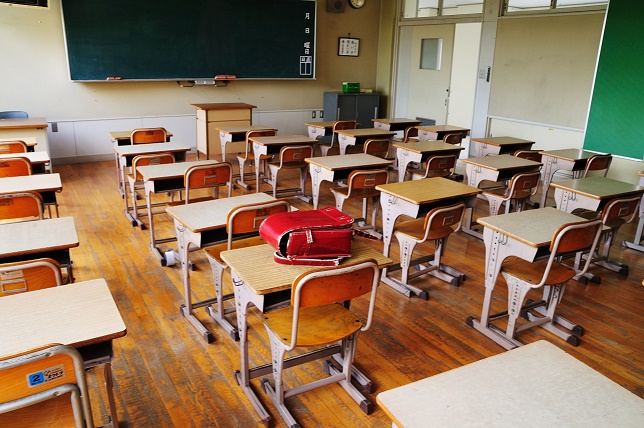The choice of school for your children is a pivotal decision that can determine the overall course of their lives. Since economy has the greatest influence on our lives, it also plays a huge role when the time comes to make a school choice. However, there are other details that need to be thoroughly scrutinized before our kids start school.

Public pros and cons
Many people have no other option but to enroll their children in public schools. It is either due to their financial situation or because they do not have a private school in the vicinity of their home. However, the fact is that not only less affluent parents opt for public schools, but a significant number of parents with higher incomes make such a choice. Why is this so?
-
Low influence of parents
In public schools, teachers and principals are less exposed to parental influence. They have their state-proscribed syllabuses and try to meet their goals. Parents are included in the school life, through parent forums or boards. But since public schools do not depend on parents’ funds, they have a higher level of autonomy from parental meddling.
-
More additional activities
When a national or local government builds a public school, they have to satisfy the needs of hundreds, sometimes even thousands of children. Thanks to that, public schools more often than not have more room and equipment for various additional activities. Check these extracurricular activities in New South Wales and see how public schools can provide numerous possibilities for children with different interests.
-
Low individualization
Public schools are usually based on collective learning. Although there are efforts to make this giant system more dynamic, it is a slow and excruciating process. This is why public syllabuses take the middle-of-the-road approach, which does not take best care of the most talented and most deprived pupils.
Private advantages and drawbacks
When it comes to private schools, some of them represent a mere shriek of trend, while some others have turned into serious educational centers. So, what can private schools offer to you?
-
Weaker infrastructure
This is a true fact – private primary schools are designed for a lower number of children, which automatically means that most of them do not have the same infrastructure capacity as public schools. Nevertheless, the good thing is that your kids can attend out-of-school activities, but they also need to be paid for.
-
Higher parental influence
The funding policies of private schools differ from country to country. Since they are usually partly based on parents’ funds, it increases the influence and involvement of parents in the whole educational process. This might be off-putting for some parents.
-
Independent of state policies
Although private schools have to follow national curriculums, they can organize their classes in a much relaxed way. This advantage of private schools might be the most important one. Also, new tech solutions are applied faster in private schools, so now you can use the school easy pay system and cover all your school fees, books and other stuff with your credit card.
In between – charter schools
In most countries, private schools are also partly funded by the government, to avoid segregation based on the parents’ social status. Such schools are called charter schools and they have proven to be a win-win combination in the USA and UK, which is why there have been strong voices in Australia to introduce such an education model there.
Parents have many choices when it comes to schools and money is not the only distinctive element when choosing the right school for your kids. So, talk to your children, offer them different possibilities and reach the decision together.
